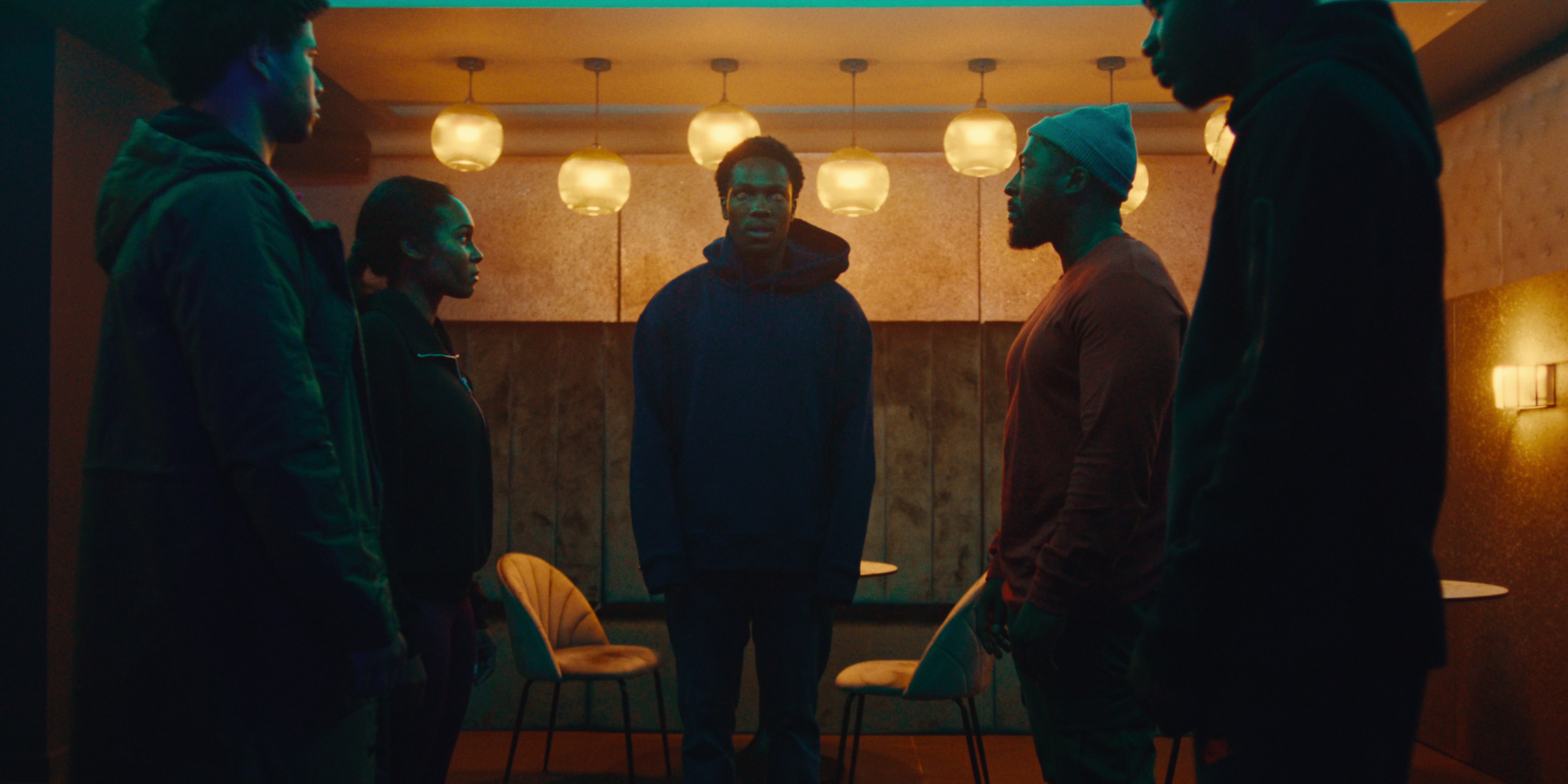In Netflix’s ‘Supacell,’ a group of people has their lives completely flipped when their dormant superpowers are activated out of the blue. Set in South London, the show follows five people, each with a different set of problems in their seemingly disconnected lives. As they explore their powers, they also face the dangers that this power attracts. There is so much that they don’t know about, especially how and why they have these powers, but a very interesting pattern emerges. Throughout the show, we notice that all the people with superpowers (no matter if they are on the good side or the bad) are Black. There is a very interesting reason behind it. SPOILERS AHEAD
Supacell Bases Its Superpowers in Real Science
Often, when a story focuses on the origins of a superhero, it either focuses on an alien power, an ancient power, or a futuristic power. In ‘Supacell,’ however, things happen a bit differently. The show uses a real fact and twists in a way that convincingly serves its narrative. One of the patterns that emerges in all the people who seem to have superpowers is that all of them have seen their parents fall to sickle cell disease. At one point, Andre and his son talk about how mostly Black people are affected by it; this line is backed by real data.

According to the Center for Disease Control and Prevention (CDC), about 100,000 people in the US are affected by sickle cell disease (SCD), out of which more than 90 percent of patients are African-American or non-Hispanic Black. Sickle cell is congenital, which means a person is born with the trait passed on genetically, though it doesn’t necessarily mean that the trait will be active in them. So, a person might be affected by sickle cell disease, and they will pass on the trait to their child, but that doesn’t guarantee that the child, too, will be affected by the disease.
At best, the trait will remain dormant, and they will live normal lives. However, they will pass on that trait to their progeny, which may or may not be affected by the disease. According to Healthline, about 1 in every 13 Black or African American babies in the US is born with the sickle cell trait (SCT), and about 1 in every 365 Black or African American babies is born with sickle cell anemia (SCA). Between 2016 and 2018, about 75,000 Americans were affected by SCD, and about 93% of them were Black. In global terms, most cases of SCA appear in the people of Nigeria or Congo.
The reason behind Black people being more prone to sickle cell is theorized to have its roots in malaria. Reportedly, the populations that grew up in places with greater risk of malaria developed a system to fight the disease, which evolved into SCD. Because malaria is more common in African regions, the people developed a resistance to the disease, but this further led to sickle cells. Hence, people of African descent inherited that trait, making SCD more common. ‘Supacell’ takes these facts and statistics and uses them as a potent plot device to explain the superpowers of its protagonists.
Can Non-Black People Have Superpowers in Supacell?

It’s clear that if a person has sickle cell, their child will have it, either in its active form or dormant. ‘Supacell’ takes this further and introduces us to a world where sickle cell has evolved and is not just a disease anymore. Its mutated form, termed “supacell,” has taken humanity to a new stage where anyone with SCT will have dormant powers activated in times of distress. So, basically, in these people, what should’ve been the possibility of inheriting a disease from their parents has been morphed into them receiving more power from them. Because a person with sickle cell will pass it on to their child, anyone with “supacell” will pass it on to their child, leading to a superpowered progeny. It seems a rather simple fact, but this allows the show to expand its political, social, and racial undertones as the story moves forward.
Considering all the info we have so far, it seems fair that almost every superpowered person we see in the show is Black. However, this doesn’t necessarily mean the show can introduce superpowered characters of different racial backgrounds. While Black people are more at risk of sickle cell, the disease is not limited to them. Several regions, apart from Africa, have a high chance of the population having sickle cell, though their numbers are considerably smaller. This statistic merely allows the creator of ‘Supacell’ to flip the narrative of superhero stories in popular media that generally have white people with superpowers. We might see them in the coming seasons, but their numbers will still be sparse.
Read More: Supacell: Is the Netflix Show Based on a Comic Book or Novel?


You must be logged in to post a comment.